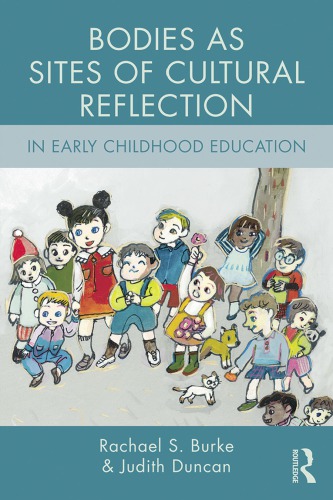

Most ebook files are in PDF format, so you can easily read them using various software such as Foxit Reader or directly on the Google Chrome browser.
Some ebook files are released by publishers in other formats such as .awz, .mobi, .epub, .fb2, etc. You may need to install specific software to read these formats on mobile/PC, such as Calibre.
Please read the tutorial at this link: https://ebookbell.com/faq
We offer FREE conversion to the popular formats you request; however, this may take some time. Therefore, right after payment, please email us, and we will try to provide the service as quickly as possible.
For some exceptional file formats or broken links (if any), please refrain from opening any disputes. Instead, email us first, and we will try to assist within a maximum of 6 hours.
EbookBell Team

4.8
44 reviewsTaking the body as a locus for discussion, Rachael S. Burke and Judith Duncan argue not only that implicit cultural practices shape most of the interactions taking place in early childhood curricula and pedagogy but that many of these practices often go unnoticed or unrecognized as being pedagogy. Current scholars, inspired by Foucault, acknowledge that the body is socially and culturally produced and historically situated―it is simultaneously a part of nature and society as well as a representation of the way that nature and society can be conceived. Every natural symbol originating from the body contains and conveys a social meaning, and every culture selects its own meaning from the myriad of potential body symbolisms.
Bodies as Sites of Cultural Reflection in Early Childhood Education uses empirical examples from qualitative fieldwork conducted in New Zealand and Japan to explore these theories and discuss the ways in which children’s bodies represent a central focus in teachers’ pedagogical discussions and create contexts for the embodiment of children’s experiences in the early years.